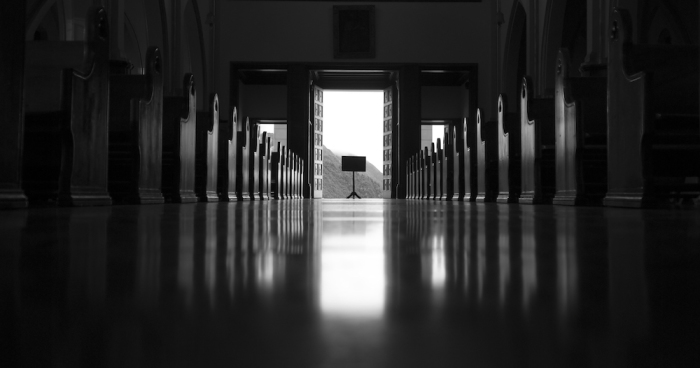What John F Kennedy and CS Lewis had in common

On July 13, 1960, the Democratic Party nominated John F. Kennedy for the presidency. On the same day, Joy Davidman Lewis, the wife of C. S. Lewis, died at the age of 45.
President Kennedy and C. S. Lewis shared more in common even than this. Three years later, on Nov. 22, 1963, the president was assassinated at the age of 46. Less than an hour earlier on the same day, Lewis passed away at the age of 64.
Both were known as “Jack” to their friends and families. Both were connected to Ireland, Kennedy as a descendant through his mother’s side and Lewis by virtue of his birth in Belfast. Both were brilliant communicators, men whose words have lived on across the decades after their deaths.
There’s another dimension to their bond in time. My brother calculated that on the 50th anniversary of their deaths, Nov. 22, 2013, I became the same age to the day that my father was when he died.
The death of people we admire shocks us into admitting the fact of mortality for us all. If the president of the United States can be murdered, is anyone truly safe? If one of the greatest apologists in Christian history could die of kidney failure, whose health is secure? If my father could die at the age of 55, why should I be certain of another day of life?
At the same time, the legacy Kennedy and Lewis left in ideas and words reminds us that our influence can live far longer than our bodies. And my father’s courage as he suffered from heart disease for nearly 20 years before he died inspires me to face my challenges with resolve.
Climbing the staircase one step at a time
Kennedy once noted: “A man may die, nations may rise and fall, but an idea lives on.” Lewis observed: “There are no ordinary people. You have never met a mere mortal. Nations, cultures, arts, civilizations, these are mortal, and their life is to ours as the life of a gnat.” My father’s legacy continues through mine and that of my children and grandchildren.
As he came to the end of his earthly life, Paul looked back and testified: “I am already being poured out as a drink offering, and the time of my departure has come. I have fought the good fight, I have finished the race, I have kept the faith. Henceforth there is laid up for me the crown of righteousness, which the Lord, the righteous judge, will award to me on that day, and not only to me but also to all who have loved his appearing” (2 Timothy 4:6–8).
He knew that life is a “race” to run in faith, death is a “departure” from this life to the next, and eternity is reward. The best way to prepare for our departure and reward is to run the race of this day well. It is to stay faithful to the last word we heard from God and open to the next, as a wise mentor once said to me. It is to focus not on our future legacy but on our present obedience to our Father’s call.
We cannot know when we will die or who will die with us. We cannot know what may be said of us fifty years after our death (if the Lord tarries) or by whom.
But we can decide to live this day to love our Lord and each other (Matthew 22:37–29), to give “my utmost for his highest,” as Oswald Chambers would say. We can agree with Dr. Martin Luther King Jr. that “faith is taking the next step even when you don’t see the whole staircase.”
And we can trust that each step leads higher than the last, to the glory of God.
This piece was originally published at the Denison Forum




























